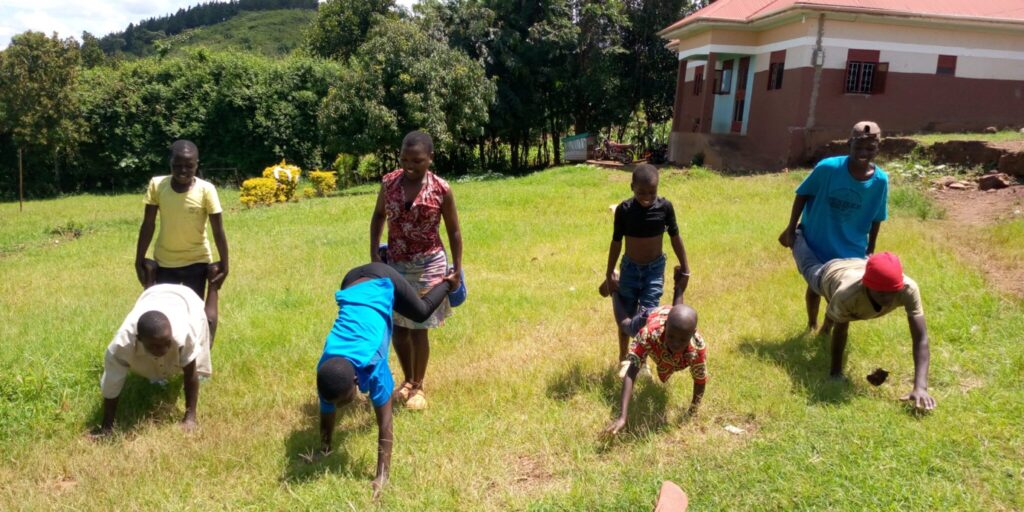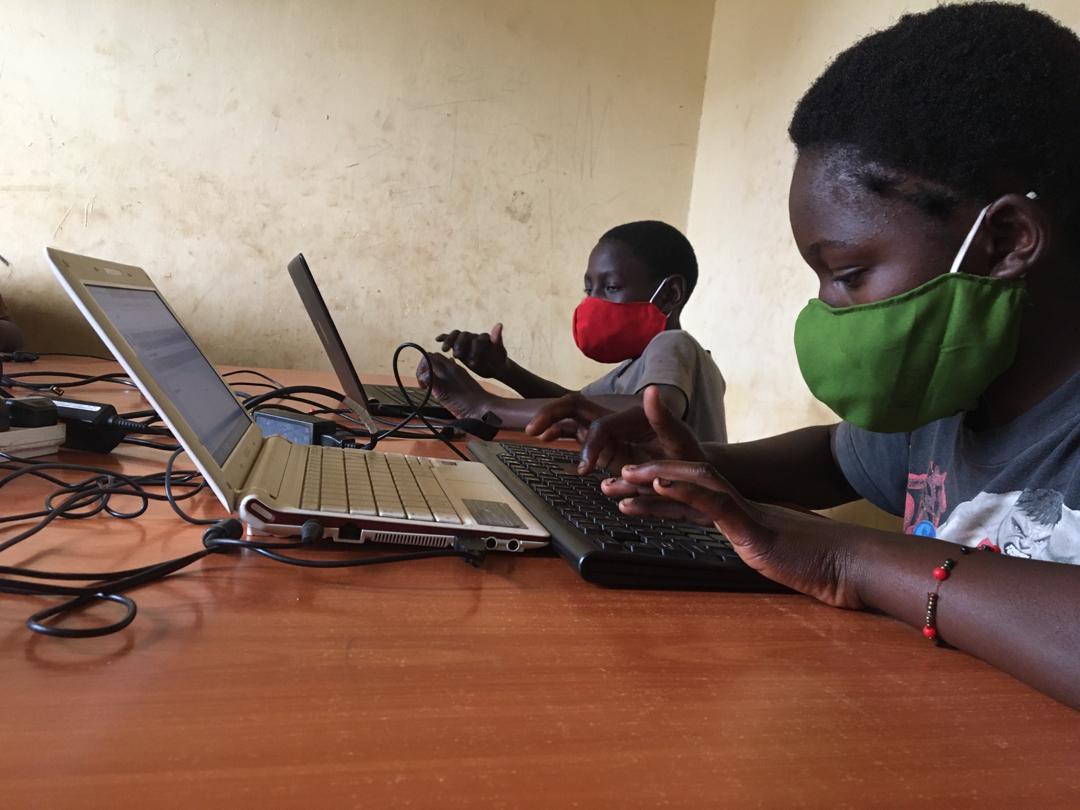This month we asked the children we work with, and our S.A.L.V.E. supporters from around the world a tricky question: How can we ensure a balance between work and play in life? And how important is it?

In countries such as Uganda – where years of conflict have weakened Uganda’s social infrastructure, resulting in many children not having the opportunity to go to school, and in some cases ending up living on the streets – the importance of good education cannot be underestimated.
Access to education is one of the key determinants and drivers of poverty, and yet just 53% of children in Uganda complete primary school. S.A.L.V.E. works to ensure children living on the streets in Uganda have access to education and opportunities for work – but what of play?
This month’s Inequality Debate asked the children S.A.L.V.E. supports, as well as supporters all over the world, how the undeniable need for hard work and education, can be balanced with play.

One of the children quipped, “work without play makes Philip a dull boy!” and a wealth of academic material which indicates that adequate time to play supports children’s cognitive development suggests that they were on to something!
Angella joining from Uganda reflected that play helps in “opening up one’s mind” and Nangabi highlighted that creative plays “helps us have strong self esteem.”
Play supports children’s ability to communicate, to solve problems, to use their imagination, build relationships and have fun. But as one of S.A.L.V.E.’s supporters highlighted, work is crucial to survival in many contexts around the world. Does this mean it should take priority over play?
“Are you able to play much while living on the streets?” Asked Lauren. “It must be hard to get enough time to play if you are trying to make money for food etc.” The children replied that it is important to achieve a balance.

“Work first, play later. Makes work easier” said Esther from Uganda, and Sam agreed, writing, “Work comes first and play last. And it is very important because it helps one to accomplish their duties on time.”
David had a more sombre perspective, however, highlighting the sad reality that “for some of us we struggle to find work. So if we can get it we make that the priority as we need to keep our work so we can get our basic needs.”
Dan replied, “That’s understandable, have to prioritse one over the other sometimes. It’s good to try and get them back in balance where possible, too much of either without the other is not the best way to be unless absolutely necessary.”
Darren from the UK reflected, “I think we underestimate the time needed for play and concentrate too much on work. By making more time for play and rest we will be healthier and happier and be better at the work we are doing.”
Richard countered this, writing “I feel like the young people today are too often focused on play and not enough on work. They need to learn how to follow through on their commitments as well as have fun.” But Debbie pointed out, “Too many people work long hours ineffectively – more time to relax and play can help them work better when it is time to work.”

What do you think? Does play make us more effective when we work?
Rebecca argued so, writing that play makes “work move faster!” Nagudi expressed a similar opinion, pointing out that play “helps us to learn new skills and ideas that you can use at work.”
One of our UK supporters argued that “not enough time is given to play” but other debaters took a stricter approach, arguing, “Work should be measured in hours and time should be set aside for playing to refresh and reflect on work.” Sarah supported a more regimented approach, writing “take time to make time. Make every time tracked for tasks due and tasks overdue.”

This month’s debate question certainly got everyone thinking! A general consensus formed about the need to balance work and play to be effective and happy in both. Sarah from Uganda summarised this best when they wrote, “work is a responsibility and play is a need in life so work leads to great play and vice versa which makes life enjoyable!”
Thank you to everyone who joined us for this month’s debate – we had a great time and we hope you did too!
Join us for our next debate anytime this month or during our live session on Thursday 30th September where we will be discussing the question (chosen by the children in Uganda): “How important are sports and physical exercise in helping children grow up well?”
NB: The website plat that we use for the online discussion is designed to be child safe, ensuring that no one can get each other’s contact details and our team carefully moderate the content shared.





0 Comments